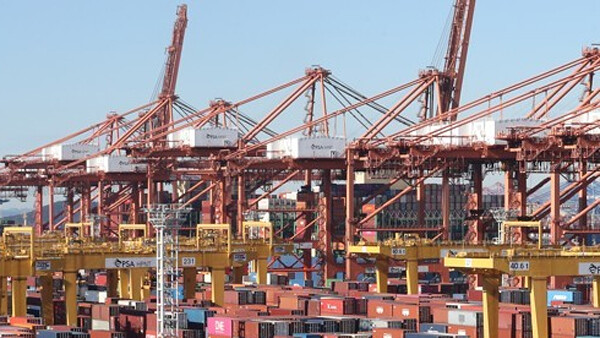
Seoul, South Korea – The Korea Exchange (KRX) has reported a sharp increase in non-compliant disclosures by companies listed on the KOSDAQ market, highlighting the challenges faced by smaller firms amid the economic downturn.
According to the KRX's 2024 securities market disclosure report, the number of KOSDAQ-listed companies designated as non-compliant with disclosure regulations surged by 50.7% last year to 95 companies. This is in stark contrast to the KOSPI market, where the number of non-compliant firms slightly decreased.
Non-compliant disclosures refer to instances where listed companies fail to fulfill their disclosure obligations or provide false or misleading information. 1 Such violations can result in penalties, including trading suspensions.
The surge in non-compliance among KOSDAQ firms is primarily attributed to the economic downturn, which has disproportionately affected smaller companies. The KRX attributed the increase to challenges faced by companies in meeting their fundraising goals, leading to a higher number of contract changes and disclosure revisions.
"The economic downturn has led to a surge in fundraising-related disclosures, but many companies have struggled to meet these obligations," said a KRX official. "Moreover, the deteriorating business environment has forced companies to scale back operations, resulting in increased contract changes and disclosure revisions."
To address this issue, the KRX and the Financial Services Commission (FSC) are implementing stricter disclosure regulations, particularly for companies involved in sales and supply contracts. The regulators have identified smaller, financially weaker companies as being more prone to disclosure violations and plan to intensify oversight in this area.
"While the economic climate has presented challenges for many companies, it is essential to uphold market integrity and protect investors," said the official. "We will continue to work closely with the FSC to strengthen our disclosure oversight and ensure that investors have access to accurate and timely information."
[Copyright (c) Global Economic Times. All Rights Reserved.]






























